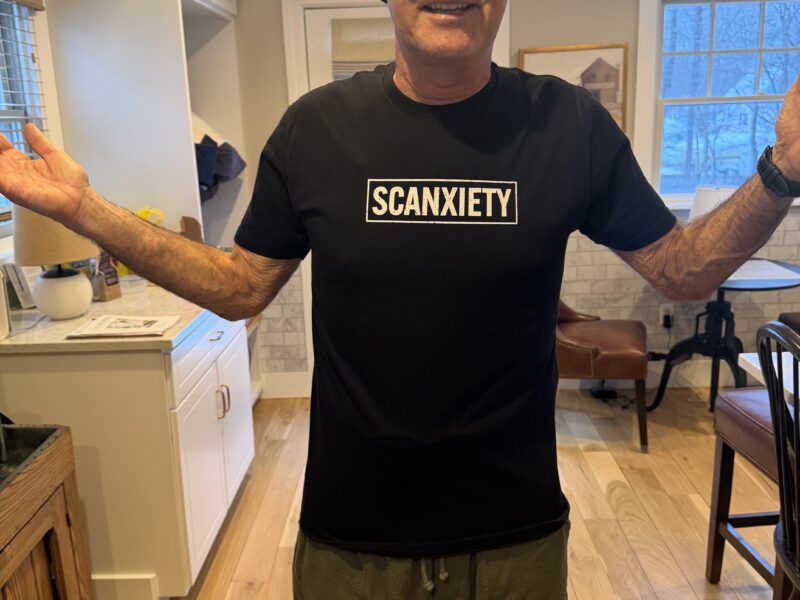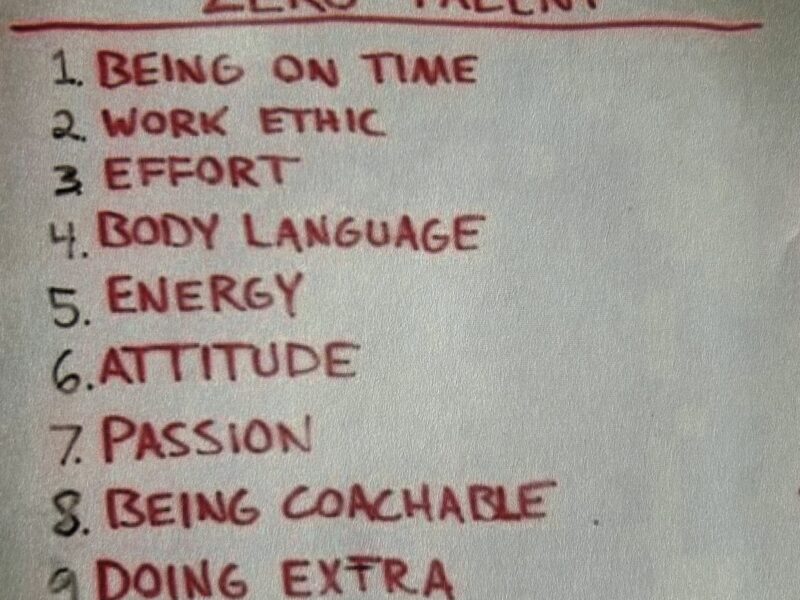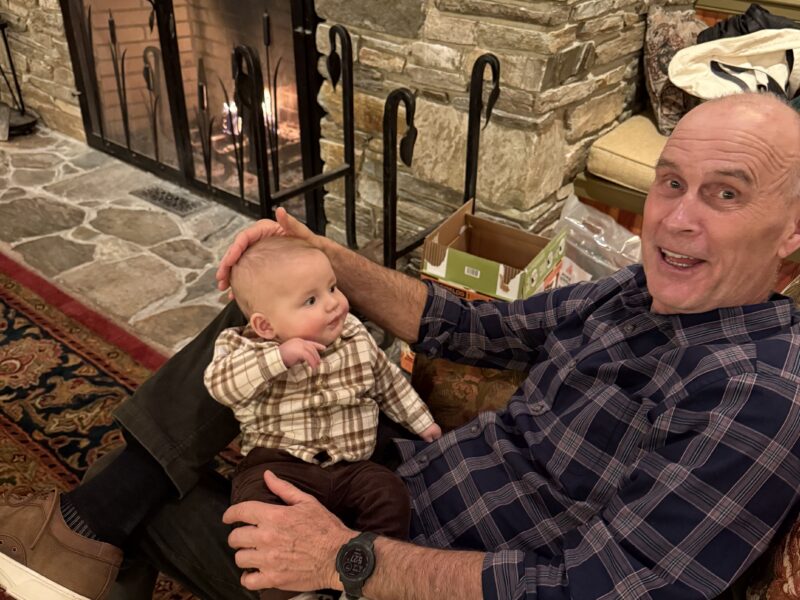
The primary focus of my work this fall has been the development of the Hyde Discovery Process, an on-line school culture improvement program we intend to share with public schools. In addition video modules and written lesson plans, we will include a Frequently Asked Questions section. In developing this section, I have been consulting with the Pennsylvania schools that have been offering a Discovery Process program to their students for several years now. Here’s a question they sometimes get from their teachers:
Q: I trained to teach math, not supervise all this touchy-feely stuff.
(Yeah, that’s not actually a question, but the drift is easy to catch.)
Here’s a response:
Nearly every state in the United States has mandated social and emotional learning (SEL) as a required part of the educational process. A generation or two ago, it was fully acceptable for a student to limit his or her efforts to the narrow, clear cut objective of completing a prescribed menu of academic courses. If that set of expectations is no longer deemed sufficient for the student seeking a high school diploma, why should it be any different for the teacher?
The Discovery Process demands as much from the teacher as it demands from the student. That is as it should be with any educational initiative. However, it is neither the teacher’s job nor expectation to act as an amateur psychologist.
One could argue that the transition to SEL has placed a higher burden on the teacher — especially our veteran teachers — than the student. Whereas most of today’s students have come of age with SEL already established in their schools, many veteran teachers have had to retool their skill sets. However, given the deeply troubling rise of cyber-bullying and emotional stresses resulting from the explosion of social media options, the accompanying growth of SEL could not be coming at a better time. In fact, in the midst of today’s social media environment, the cost of not reaching out to touch our students in ways that our predecessors might not have could be to lose them to the anxieties of social media’s dark side.
At the end of the day, it stands to reason that schools cannot possibly offer effective social and emotional learning without effective social and emotional teaching.
Onward, Malcolm Gauld



